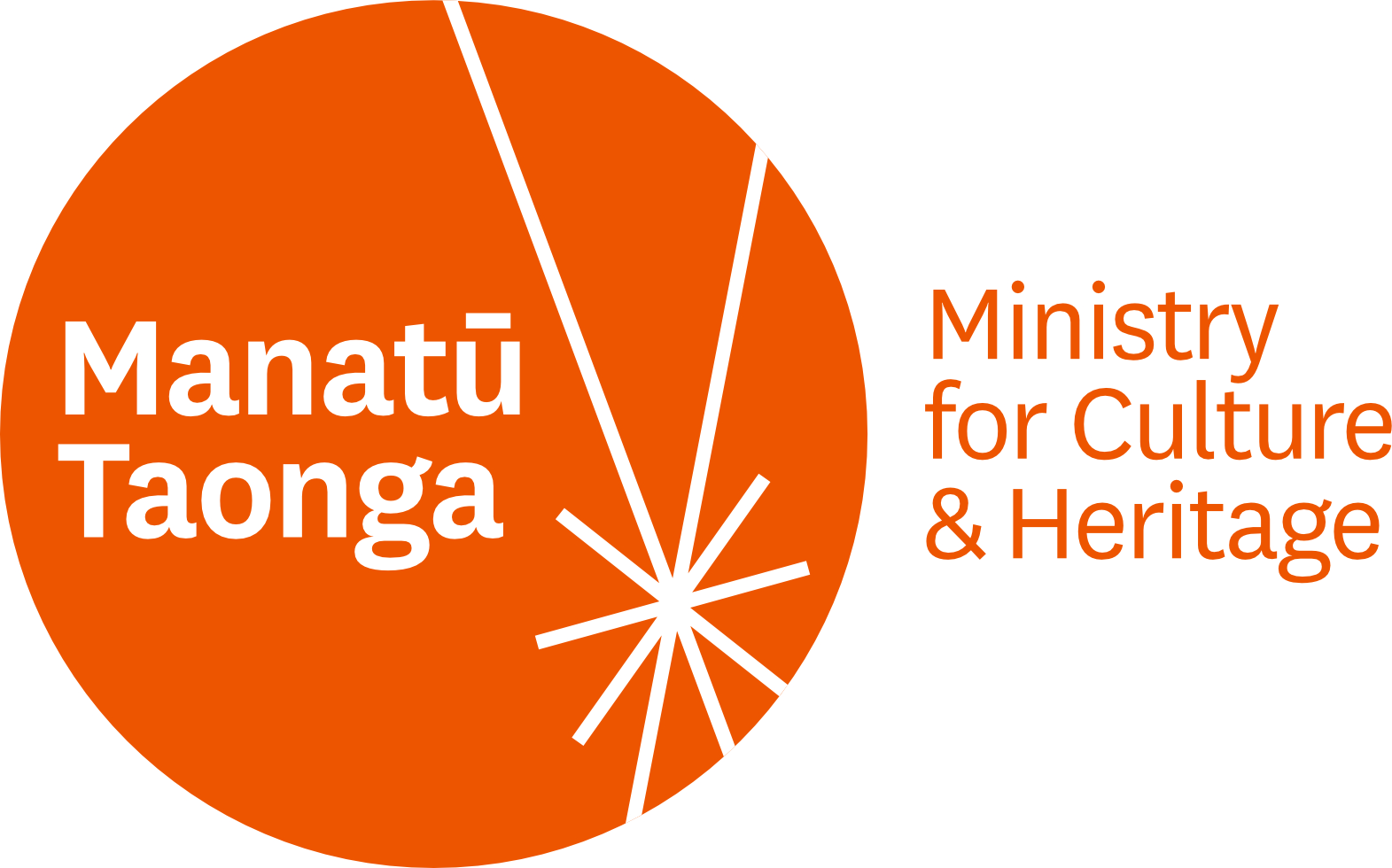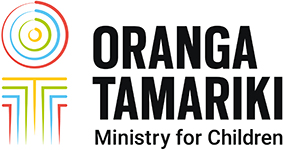Working continuously online at home is exhausting, and often lonely and isolating, and the impact of this on individuals, family and our relationships can’t be underestimated.
 The workplace environment is usually one of sharing and energy, with everyday interaction that can’t be captured online or via email. As the Creative Spaces Advisor at Arts Access Aotearoa, I’m hearing regularly from creative spaces worried about both their artists’ and staff members’ mental health.
The workplace environment is usually one of sharing and energy, with everyday interaction that can’t be captured online or via email. As the Creative Spaces Advisor at Arts Access Aotearoa, I’m hearing regularly from creative spaces worried about both their artists’ and staff members’ mental health.
Many spaces, even at Alert Level 2, remain closed and may be working remotely, or at least online, for a while longer. It can be really tough when you’re creating and delivering classes online, and supporting artists on a more personal level while you are also in lockdown.
The mental health of artists at creative spaces is understandably the primary focus. But it’s really important to also look at ways to look after yourself and support your staff. What we hear constantly is the importance of touching base with staff via phone calls and regular informal virtual meetings. Providing as much stability as possible with external support for staff as needed.
 Connecting and touching base with family, friends and neighbours is as important in our personal lives as in our working lives.
Connecting and touching base with family, friends and neighbours is as important in our personal lives as in our working lives.
Alongside this concern for staff and artists, are many positives. One art tutor said how beneficial it’s been to work with fewer artists at each session, developing a deeper understanding of how they work and what he can do to support them. He says it’s also enabled staff to think about different approaches to delivering programmes. There are many stories such as this.
Numerous annual exhibitions and performances – some virtual this year – are popping up as we move into the summer season. This reinforces the way creativity continues no matter what and how sharing it with others brings a lot of joy.
The importance of personal wellbeing
Taking time-out for our personal wellbeing is so important. Having a break from the computer is okay. In fact, it’s recommended!
 Hannah from our team says: “For me, taking care of my own mental health means spending time outside in the fresh air, hearing the birds, wind, feeling the sun or rain on my face.”
Hannah from our team says: “For me, taking care of my own mental health means spending time outside in the fresh air, hearing the birds, wind, feeling the sun or rain on my face.”
For me, it’s connecting with people I can have a good laugh with (my mum is particularly good for this); being in my garden; taking pauses to listen to and feel the elements around me. Okay, the Welly wind is not always the most calming but it certainly wakes me up when I go for a walk, smiling at the little things.
And my workmate, Iona, finds joy in the weekly rehearsals at Wellington Community Choir. “I hadn’t sung in a choir since high school and believe me, that’s a long time ago. I joined the choir this year and love hearing our voices blend and realising that I’m surprisingly okay at it – but also knowing that it would be fine too if I wasn’t okay. It gives me a real lift.”
Listening to music such as this taonga puoro played by Ruby Solly can be a balm.
Some useful resources
There’s a bunch of useful resources on the internet about looking after your own and others’ mental health. Here are just a few:
- Creative New Zealand has compiled a summary of the positive impact of creativity for wellbeing using Māori health advocate Sir Mason Durie’s Te Whare Tapa Whā framework of health: Taha Hinengaro – Mental wellbeing; Taha Tinana – Physical wellbeing; Whenua – Connect to the land; Taha Wairua – Spiritual wellbeing; Taha Whānau – Family and social wellbeing.
- Umbrella is a New Zealand organisation of psychologists, sharing their wellbeing expertise. Its website has a section with free downloadable resources and articles aimed at helping support mental health and wellbeing during COVID-19. It also has free e-training modules about mental health and stress.
- Te Pou is a national centre for mental health, addiction and disability, and the host of Mental Health First Aid Aotearoa New Zealand. It has a large, free resource library.
- The Mental Health Foundation’s Five Ways to Wellbeing are connect, give, take notice, keep learning and be active. Fitting these into our daily lives are important for the wellbeing of individuals, families, communities, and organisations.
- When we’re anxious or depressed, it can change the way we think, feel and act. This website has a lot of information and ideas about how to take care of yourself and others. There’s also a free 24/7 helpline.
And as Karen Nimmo, a clinical psychologist in Wellington says: “Everything feels better and brighter when we can get outside. Just don’t forget the sun block. Masks leave tan lines too.” Read her Stuff column
Please get in touch with me or my colleagues at Arts Access Aotearoa if you have any feedback or concerns (T: 04 802 4349 E: kate.hiatt@artsaccess.org.nz).
LATEST POSTS
Arts Blog Categories
- Accessibility
- Accessible Arts
- Achievements Celebrations
- Active Recreation
- Advocacy Campaigns
- All New Zealand
- Arts Accessibility
- Arts Culture
- Arts Culture Venues
- Arts For All
- Arts In Corrections
- Canterbury Region
- Community Arts
- Community Services
- Covid 19
- Creative Spaces
- Creative Wellbeing
- Dance
- Disability
- Festivals Arts
- Galleries
- Global Issues
- Health
- Learning Disabilities
- Local People
- Maori Art
- Mental Health
- Musical Theatre
- Obituaries
- Professional Development
- Professional Development Arts
- Stories About Organisations
- Theatre
- View Point
- Visual Arts




